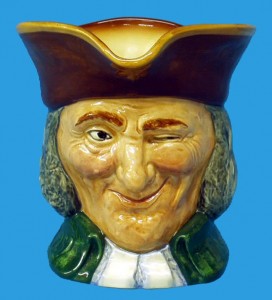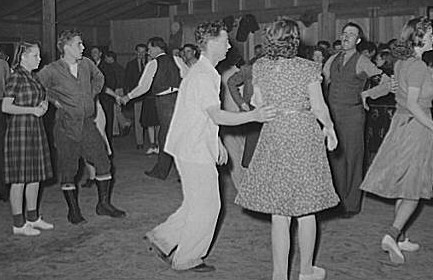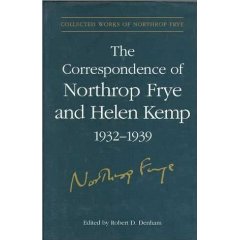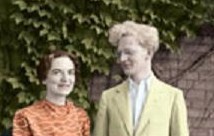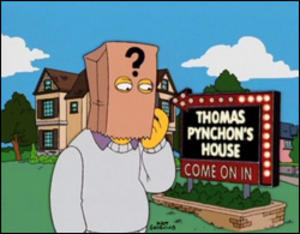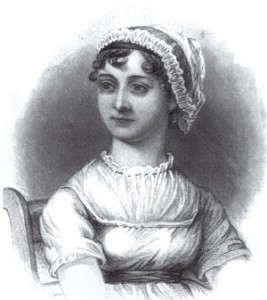
A very interesting note from Craig Walker regarding Frye’s enigmatic diary entry on this date (see the post below).
Today I was discussing with a group of students the Shaw Festival production of Bernard Shaw’s “In Good King Charles’ Golden Days” (1939), the title of which comes from the satirical ballad, “The Vicar of Bray,” in which the Vicar’s opportunistic flexibility in the matters of politics and religion allows him to retain his position throughout all the vicissitudes of that era (of Civil War and Restoration). I suppose Frye means here that readiness to compromise clearly will only take a person so far and no further; but it is interesting that Shaw (an early hero of Frye’s) takes a somewhat different view, not only seeing King Charles II as a Vicar of Bray type, whose adaptability ensured his survival, but seems to present this as an essential quality of mind for us to embrace in the modern era (where, as Shaw implicitly offers by way of example, Newtonian physics have had to make way for the quantum revolution). In that context, I’m sure that Frye would agree with Shaw: see his essay “Science and Religion”
